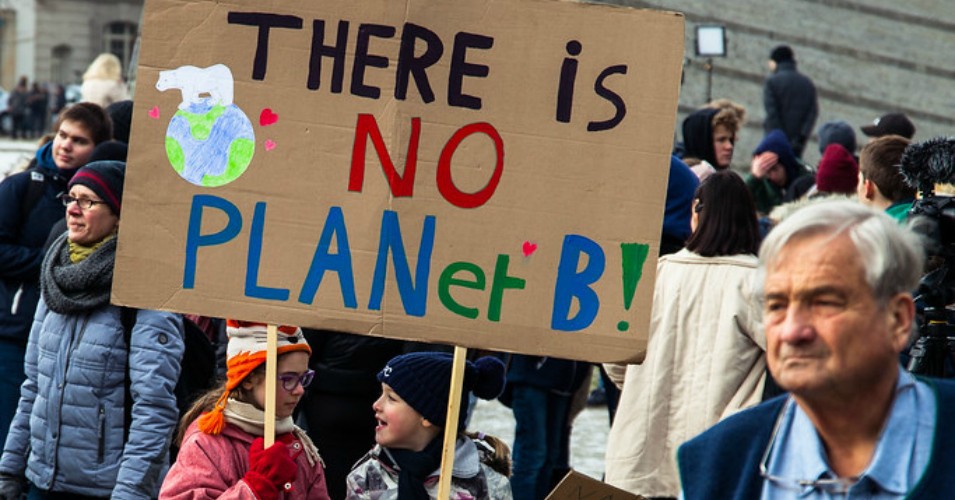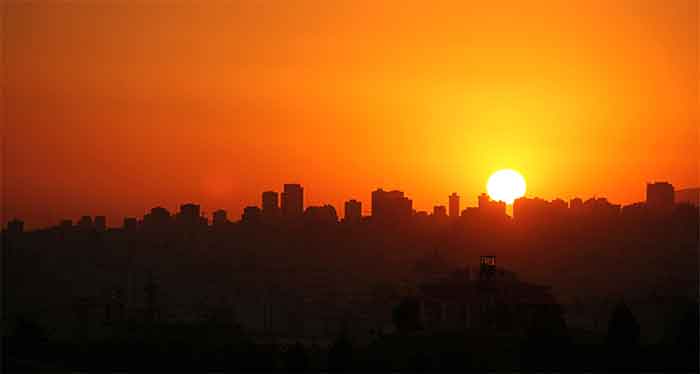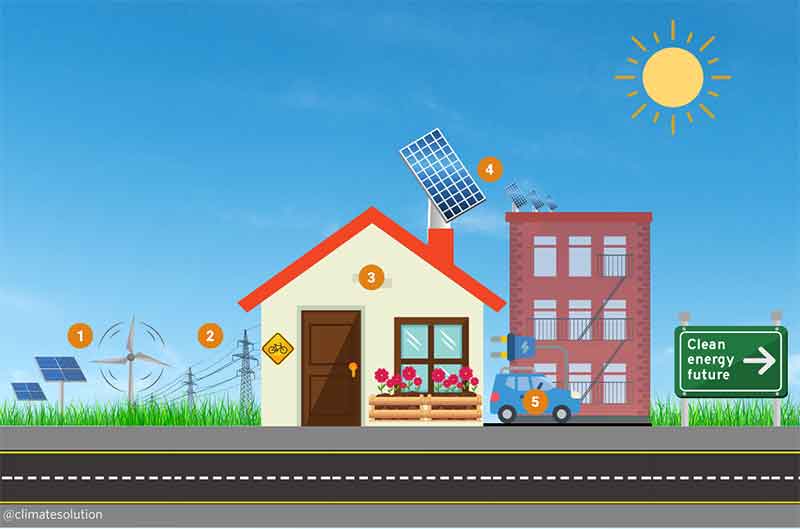
There is increasing need for all the countries of the Global South to respond with growing unity on several important issues of common interest. One of these important issues relates to justice in climate funding.
As the Glasgow Climate Summit—the Convention on Climate Change 26th Conference of Parties (COP26)– starts today ( October 31) an important concern will be to resolve the problems relating to the 100 billion dollar climate fund which have become a source of increasing resentment in the Global South.
In 2009 at COP15 held at Copenhagen in 2009 a decision was taken to create an annual fund which would reach 100 billion dollars by year 2020, to be contributed by developed countries, for facilitilitating climate change adaptation and mitigaion in developing countries. The OECD group of richest countries say that by 2018-19 the funding had come quite close to between 78 and 80 billion dollars ( per year) in these two years. However this has been widely disputed. Oxfam has stated that the actual funding is likely to have been somewhere between 19 and 22.5 billion dollars in 2017-18 .Some other estimates have been even lower than the Oxfam estimate.
One main reason why perceptions difer is that rich countries are also counting loans as a part of this fund while this climate fund was widely expected to consist of grants. Analysis of data for 2018 revealed that only 20 per cent of the fund consisted of grants!
On the other hand it has also been argued that given the actual needs even the annual sum of 100 billion dollars is not adequate and this needs to be increased several times with an increasing trend. In fact negotiators for several African countries who met in September to prepare for COP26 came up with an estimate for 1.3 trillion dollars a year by the year 2030 to meet the needs of their continent alone in this context. Initially detailed estimates of real needs were not prepared in a credible and participatory way in consultation with the Global South. Hence an increasing need is now felt to make overdue corrections.
The share which various individual rich countries have to contribute should have been made very clear and there should be some penalty or interest payment charged to those who do not pay this amount or delay the payment. Unless there is a mechanism for ensuring that defaulters are made to fulfil their commitment, there will always be serious shortfalls and the climate plans made by countries of the Global South may be seriously jeopardized.
Another serious concern is that big business interests may influence the direction of climate funding. Several multinational corporations and big business interests have been able to position themselves in the climate change negotiations to advance their narrow interests. Climate smart agriculture has been sought to be defined by them in ways that will push their interests in a big way, instead of helping small farmers of Global South in sincere, genuine ways.
What is more, there is now a lesser tendency to speak of the special and high responsibility of the richest countries to contribute more to checking climate change and to help developing countries in their adaptation efforts. Even in terms of the allocation aspects of the limited funds that have become available, there is much lesser allocation for adaptation aspects.
Clearly a much more sincere, just and transparent approach is needed in terms of increasing and strengthening climate funds and ensuring their fair utilization in the interests of Global South. Starting with an expectation of grants and then converting most funding into loans has been a particularly deceptive way of responding to this important responsibility by the richest countries. This needs to be corrected. The first stage is to fulfill the target of annual grants, not loans, of 100 billion dollars , to be followed by an increasing trend of funding. This demand should be asserted by countries of the Global South with increasing unity.
Bharat Dogra is Honorary Convener, Campaign to Save Earth Now. His recent books include Planet in Peril and Protecting Earth for Children.














































